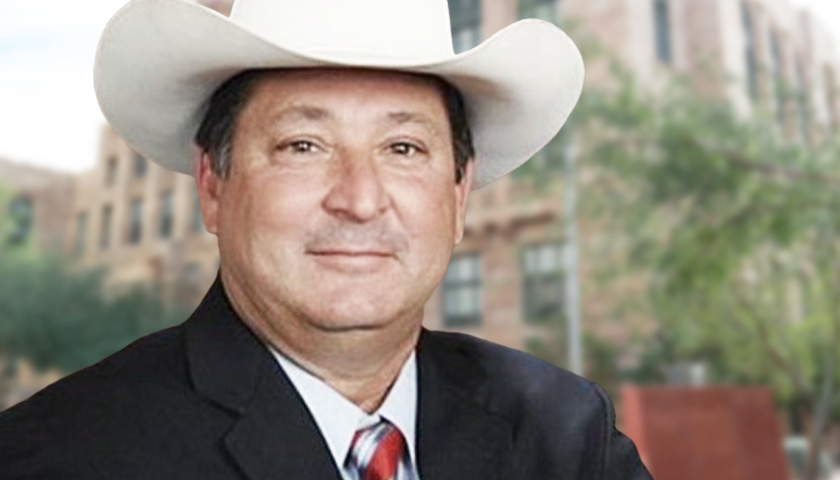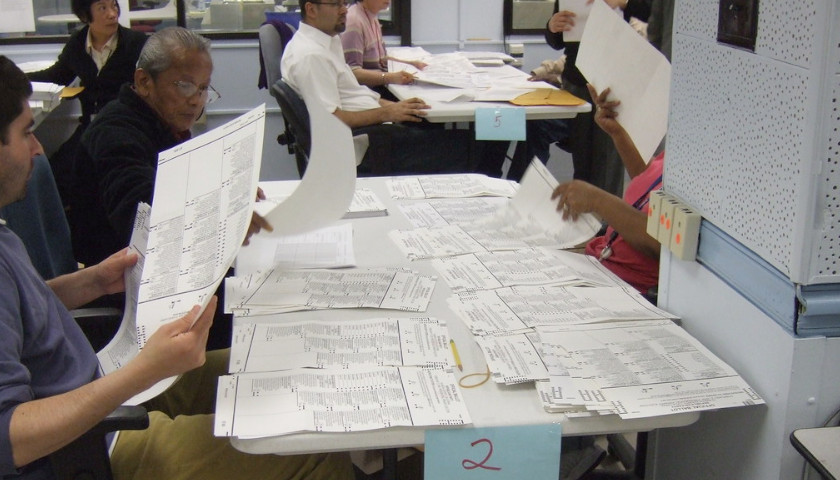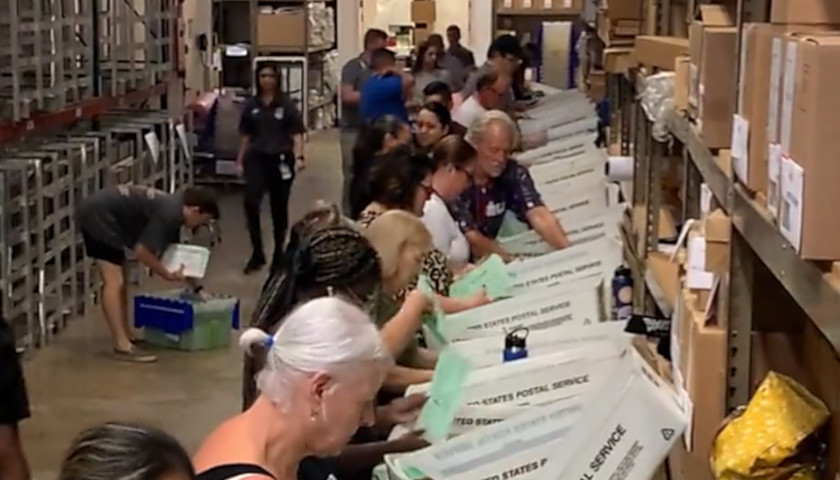Arizona State Representative David Cook (R-Globe) announced Monday that he is seeking to work with the city of Scottsdale to alleviate the water struggle members of the Rio Verde Foothills (RVF) community are facing.
“It is beyond me how a group of Arizona citizens could be put in such a position. Arizonans’ livelihoods depend on having a reliable and long-term water supply,” wrote Cook in a letter to Mayor David Ortega.
Cook is the chairman of the House Transportation & Infrastructure Committee. In this letter, Cook requested a meeting with Ortega on or before January 20th to discuss this problem’s history and potential solutions.
“As elected officials we have a responsibility to serve all citizens, especially in our rural unincorporated communities. We need to find a comprehensive solution that protects the people in this community and is workable for all parties involved,” the letter said.
State Representative @RepDavidCook Seeks Water Solution for Residents in Rio Verde Foothills Community.
READ MORE➡️ https://t.co/aKcariRu2C #AZLeg pic.twitter.com/Agkvpf2YXZ
— Arizona House Republicans (@AZHouseGOP) January 9, 2023
The Arizona Sun Times reached out to the city of Scottsdale for a comment but did not hear back before publishing.
The RVF area is unincorporated outside Scottsdale city limits and under the governance of Maricopa County Board of Supervisors member Thomas Galvin. In late December, Scottsdale announced it would cease allowing city water to be purchased and hauled to members of the RVF area starting on January 1st. Cutting off the water supply from Scottsdale impacted hundreds of households in the RVF community. This was done so the city could prioritize “water for its residents” per its drought management plan.
According to a memo from the city, in 2015, Scottsdale Water (SW) began enforcing a 12-month limit on temporary hydrant meters, which affected meters being used to transport water to the RVF area. Recognizing the hardships this could cause, SW allowed water haulers to continue using meters on Dynamite Road until better infrastructure could be implemented. Doing so resulted in the construction of the Jomax Road water filling station, but the city emphasized this was not meant to provide long-term service to the RVF area.
In 2016, the city “recognized that the Rio Verde Foothills community was increasingly reliant on water being hauled from Scottsdale and it became evident, especially as the community continues to expand, that this was not a sustainable situation.”
Since then, the city stated that it had warned members of the RVF community that cutting off the water supply was an eventuality due to the Colorado River drought. Additionally, the city had also sent multiple letters to Maricopa County officials clearly outlining its intent to prioritize Scottsdale residents with its water supply and stating that the RVF area needs a different permanent water solution.
Accordingly, the city shared that some community members tried to form a Domestic Water Improvement District (DWID) to solidify a permanent water source. While the Fountain Hills and Scottsdale City Councils consented to the idea, the Maricopa County Board of Supervisors rejected the DWID in August.
However, there may be hope for the area in the private water utility company EPCOR. The Arizona Corporation Commission contacted EPCOR in the summer of 2022 about providing for the RVF. The company responded with interest, but a permanent solution may not be ready for another three years.
For the needed immediate solution, Dynamite Water, a hauling company currently serving the area, has contacted the San Carlos Apache Tribe about providing a year’s worth of water. The tribe reached a preliminary agreement with Dynamite Water, but a final agreement needs approval from federal agencies and the tribal council.
– – –
Neil Jones is a reporter for The Arizona Sun Times and The Star News Network. Follow Neil on Twitter. Email tips to [email protected].
Photo “David Cook” by Arizona House Republicans. Background Photo “Maricopa County Courthouse” by Visitor7. CC BY-SA 3.0.





